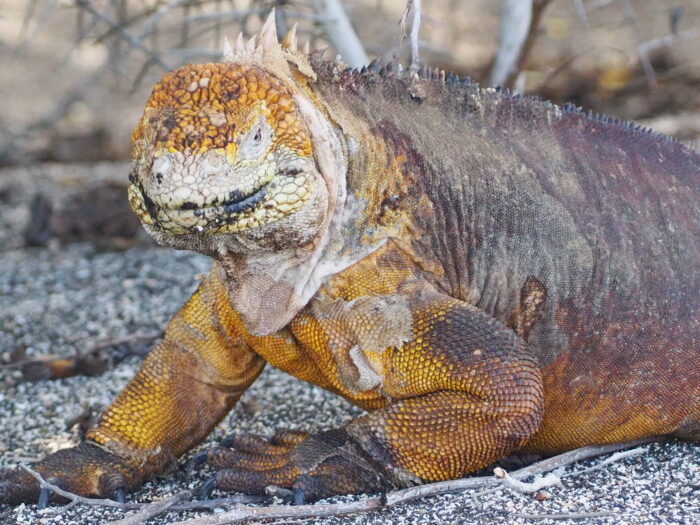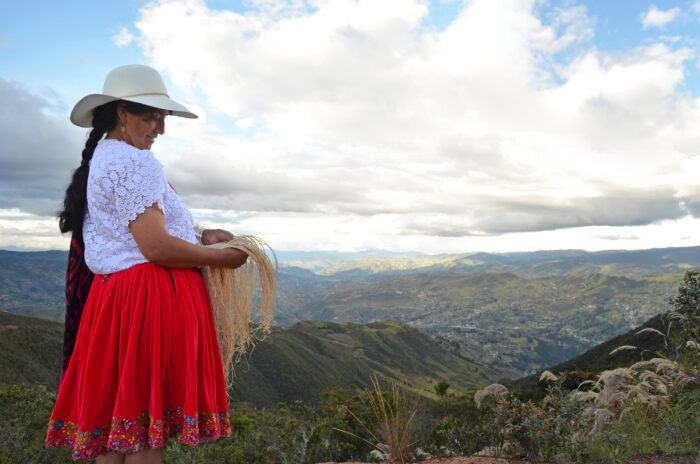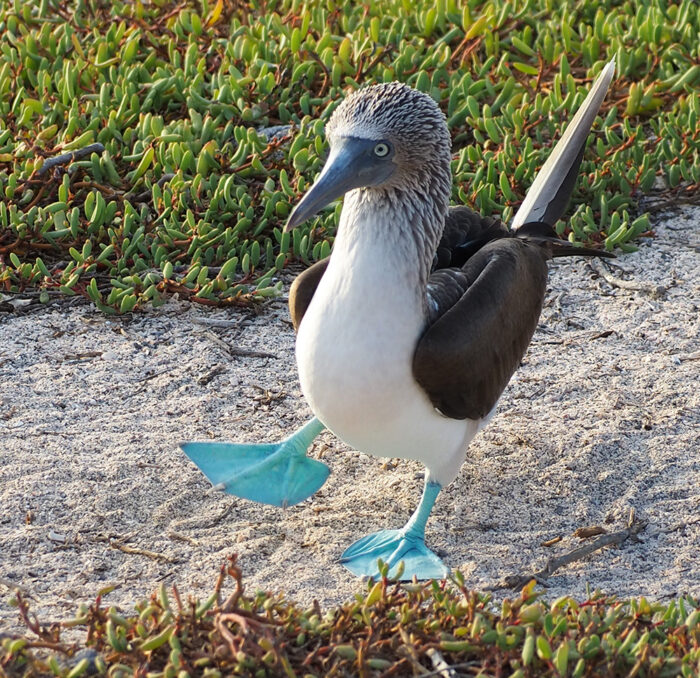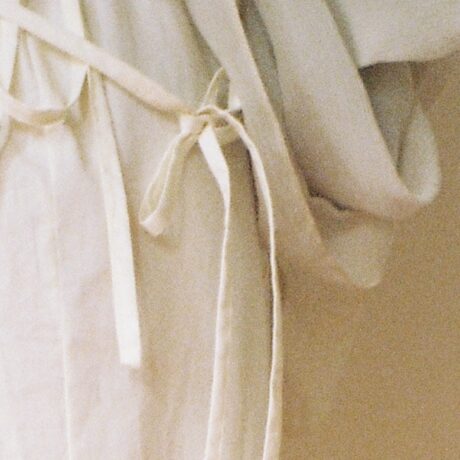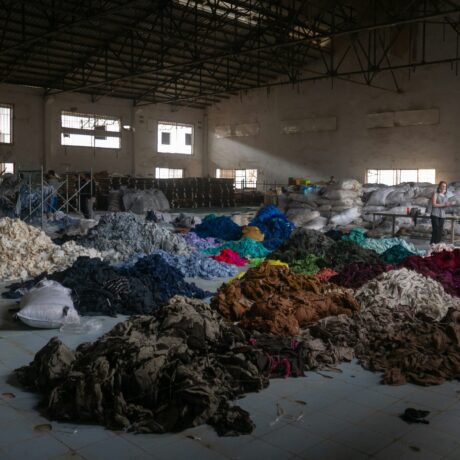Man and Nature in Andean Philosophy
Tomorrow I will be joining eXXpedition to sail some 2000 nautical miles from the Galapagos to Easter Island as part of an all-female Round the World voyage to gather the first global dataset of microplastic and microfibre pollution. From Ecuador to Chile passing by Peru and Bolivia, we are sailing past the cultures and communities I studied for my MA in Native American Studies, and subsequently worked with for over 20 years with my brand Pachacuti.
The Andes mountains run down the spine of the Pacific coast of South America. Andean philosophy sees all individuals as being part of a community, an ayllu. Humans are not separated from the natural world; they are two parts of a whole, each dependent on the other and giving to the other through a reciprocal relationship which sustains the community. The ayllu does not have fixed physical borders but is formed from the complex interlinking of relationships and an understanding of the fundamental interconnectedness of my interests, your interests and the interests of plants and animals. The ayllu is a place of nurture and regeneration and is seen as the basic cell of life. People, plants, animals and the earth itself nurture and are nurtured in a symbiotic relationship.
In indigenous cultures around the world, and particularly within indigenous cultures in the Americas, it is common that nature speaks. Ecuador has drawn from its indigenous past and became the first country in the world to legally recognise the rights of nature in 2008. It has given nature back its voice.
Last week I talked to Zapotec textile artist and weaver Porfirio Gutierrez from Teotitlán del Valle, Oaxaca, who explained that in his culture’s traditional philosophies, the plants are just like us. His parents would take him up into the mountains to collect plants for dyes and his father would talk to him about how they needed to have respect for the plants and trees because they are alive, just like us, and no life is more important than the other. “These days when everything is fast, everything is chemical, everything is plastic, we are forgetting the principles of being a human being, the slow way of living, the growing of food, making a textile. To me it is really important to create a conversation around that and educate people, and re-educate people”.
As I worked on the research for this year’s Fashion Transparency Index, I saw company report after report, referring to the preservation of natural resources, but even in attaching the word resources to nature we are effectively commodifying the planet, protecting it to support ever-increasing productivity. When studying Quechua, I learnt that there is no word for possession in the language. You cannot say ‘I have’. Everything you have or possess – not just goods and resources but also power and authority – are instead either with you, or not with you, meaning you are the steward, not the owner. This way of thinking changes everything.
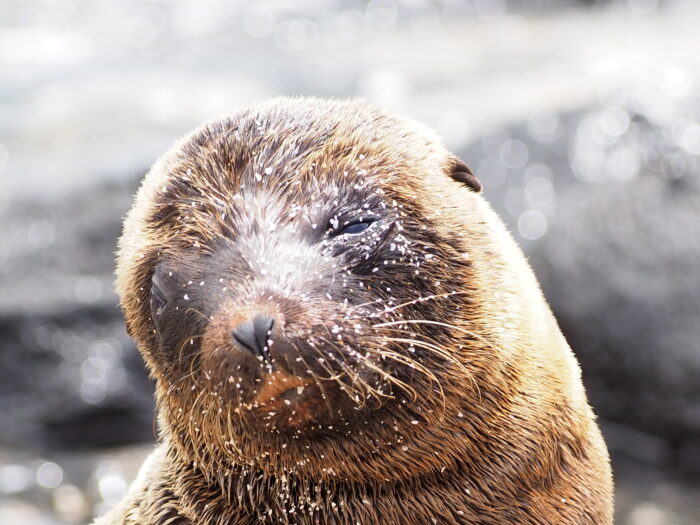
Our challenge this decade is to move beyond our currently destructive Western worldview which is tipping us into a climate crisis and a plastic pollution catastrophe, towards a fashion industry which integrates nature in a truly sustainable way. We need our legislators to learn from the law passed in Ecuador and restore a voice to the oceans, earth and all that live in and on them. We need brands and retailers to move from competitiveness to collaboration and from the commodification of natural resources to working alongside nature in all her diversity in a way that is respectful, renewable and regenerative. We need them to look at longer lasting value systems than profit, prioritising instead the protection of our ecosystems and the wellbeing of our communities. And as citizens who have lost touch with the reality of living in mutual nurture and interdependence with the natural world, we need to rebuild our connections with how our textiles and clothes are made, the slow way, in balance with plants, animals, earth and water.
I believe that transhistorical community value systems can present a powerful counterpoint to the logic of generating profit now and help us to once again rediscover the spirit of the ayllu.
